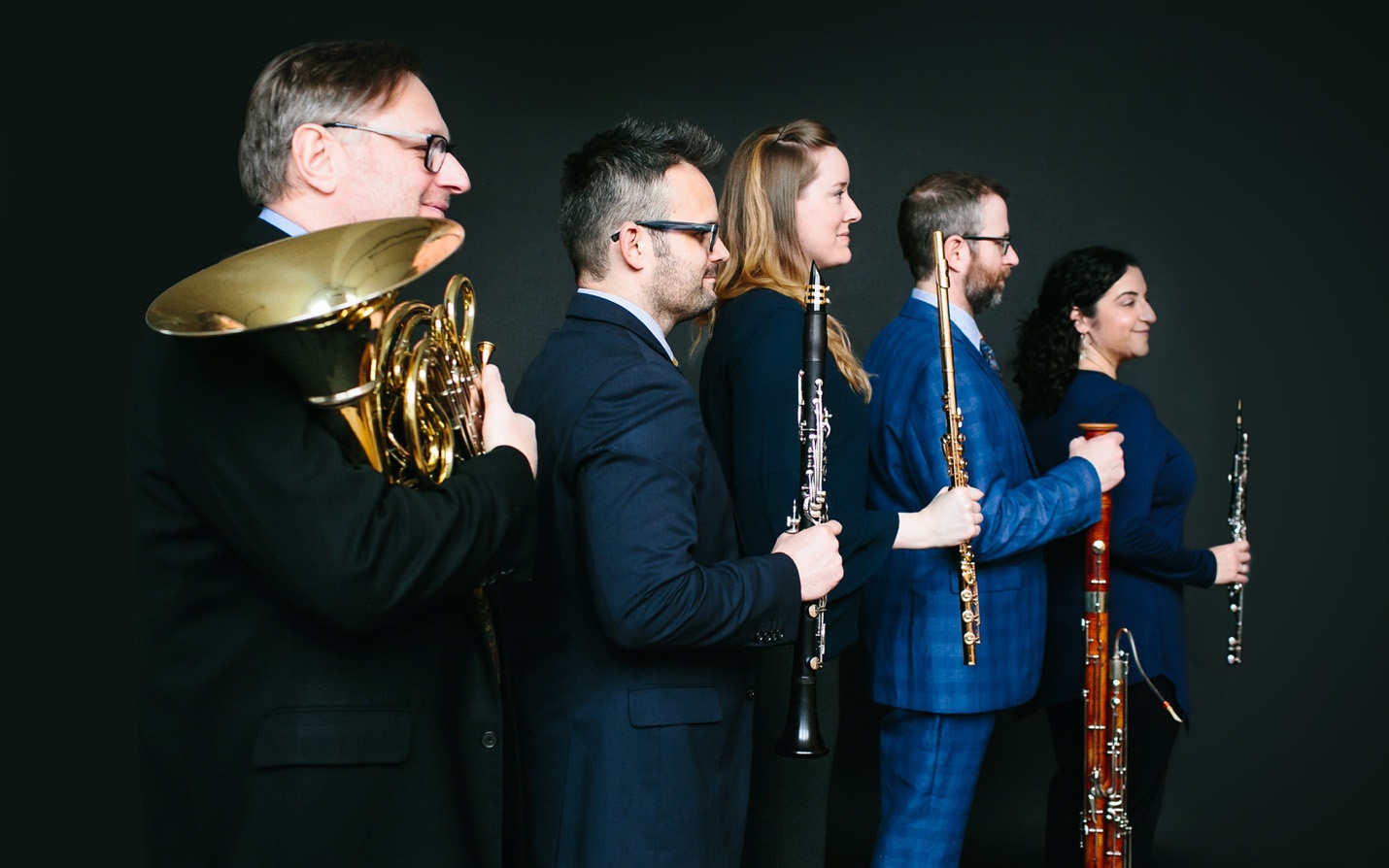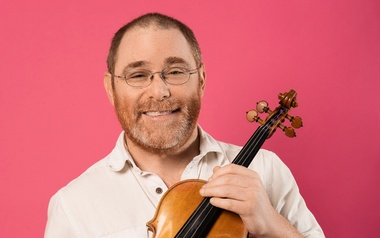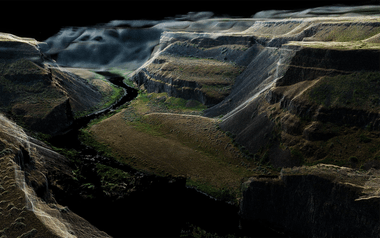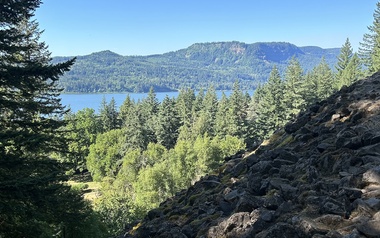Blog
MARCH 2, 2020
Northern Lights

The Arcturus Quintet, five virtuoso wind players who love finding repertoire that will inspire, excite, and entertain, preview their March 6 concert, Northern Lights:
Johan Kvandal: Quintet for Winds, op. 34
The son of the composer David Monrad Johansen, Johan Kvandal began composing at an early age and studied with Geirr Tveitt in Oslo. He studied conducting and organ at the Oslo Conservatory as well as choral conducting at the Stockholm Conservatory. In addition, he studied composition with Joseph Marx at the Vienna Musikhochschule (1950–1), Nadia Boulanger in Paris (1952–4), and Boris Blacher in Berlin. Kvandal was a respected music critic for leading newspapers in Oslo and he worked for many years as a church organist. He formed an anthology of recorded and printed classical Norwegian music for the Norwegian Cultural Council. Kvandal’s early works are dominated by the use of melodic and rhythmic elements of Norwegian folk music, yet he always thought in broader lines and larger forms. These tendencies were enhanced during his studies in the 1950s, resulting in a free way of using tonal elements, form, and polyphony of both French and German neo-classical movements. In the late 1960s there were elements of a ‘transformed’ Norwegian folk music in his works, combined with experiments in serial techniques and freer forms but without conceding expressivity. Kvandal composed until late in life, producing many works for orchestra, chamber ensembles, solo instruments, and voices. The Quintet for Winds is often dark, brooding, and chilly. However, familiar compositional techniques can be heard, including fugal writing, Romantic lyricism, and a passacaglia that comprises the entire third movement.
Arvid Vollsnes and Steve Vacchi
Esa-Pekka Salonen: Memoria
Finland, a country with a population only roughly twice that of the Portland metropolitan area, has had an outsized impact on western art music in the past century. Beginning with Jean Sibelius, who produced 7 symphonies and a violin concerto that have become staples of the orchestral canon, this small nordic country has produced a steady stream of composers, conductors, and soloists whose names will be well-known to classical music lovers the world over.
Of all the names on this growing list of artists, the multi-talented conductor/composer Esa-Pekka Salonen (b. 1958) has had perhaps the largest impact on musical life in America. From 1992 to 2009 he served as music director of the Los Angeles Philharmonic, during an era in which the orchestra’s reputation as one of America’s leading orchestras was established. In September 2020, Salonen will assume the position of Music Director of the San Francisco Symphony. His tenure with California’s other storied major orchestra will be closely watched with great interest throughout the classical music world.
As a composer, Salonen has written concertos for Yo-Yo Ma and Leila Josefowicz, and his works have been performed the world over. His style is immediately attractive to the ear, featuring rich harmony and clear counterpoint. Fitting of a composer who has decades of experience leading the world’s greatest orchestras, Salonen handles details relating to balance, articulation, and voicing with great care.
Written in 2003, Memoria is a relatively recent addition to the ever-expanding woodwind quintet repertoire. Salonen solves the wind quintet’s unique blending and balance challenges deftly through several techniques. Finely detailed passages find all five instruments clustered closely together, swirling and buzzing around a single note like a beehive vibrating with activity. His use of alto flute, English horn, and contrabassoon expand the sonic possibilities of an already varied group of instruments. These instruments are put to particularly good use during the final choral-like passage, where they lend a sense of gravity and otherworldliness to a series of carefully crafted sonorities that bring this otherwise energetic work to a satisfyingly sombre and mystical conclusion.
James Shields
Prinicipal Clarinet, Oregon Symphony
Carl Nielsen: Quintet for Winds
Carl Nielsen (1865 to 1931) began his life in a poor but musically talented family. His father played the violin and cornet for local celebrities in his home town of Sortelund on the Isle of Funen in Denmark. His mother was a wonderful singer, and it was no surprise when young Carl played trumpet in a military band before studying violin and composition at the Royal Danish Academy of Music. He went on to become a violinist in the Royal Danish Orchestra for 16 years. In 1921 he composed his Quintet for Winds, the masterpiece that we will perform on this program. He was inspired to write this piece after hearing four members of the Copenhagen Wind Quintet perform Mozart’s Sinfonia Concertante, for solo quartet (oboe, clarinet, bassoon, horn) with orchestra. This piece is deeply inspired by his love of nature, as well as his intimate knowledge of the wind instruments for which he is writing. It is a four movement work, including an extended fourth movement with a theme and variations. This form allows Nielsen to delve deeply into the unique characteristics of each instrument (and the personalities of the players) and how they work together. We feel blessed to have this work in the wind quintet repertoire, and are thrilled to be able to perform it for you tonight.
Joseph Berger
Associate Principal Horn, Oregon Symphony
Don’t forget to share this post!
YOU MAY ALSO LIKE…



Ewer, Always On My Mind
Lisa Lipton recently interviewed Greg Ewer, founder of 45th Parallel and member of the Pyxis Quartet, about the Friends of…



Anatomy of a Concert
“Check out this amazing piece by Andy Akiho!” I can’t remember who sent that text to me, though it was probably one my fellow music geek buddies…



Lisa Interviews Geologist Dr. Scott Burns
Executive Director Lisa Lipton met with Dr. Scott Burns, Professor Emeritus at…